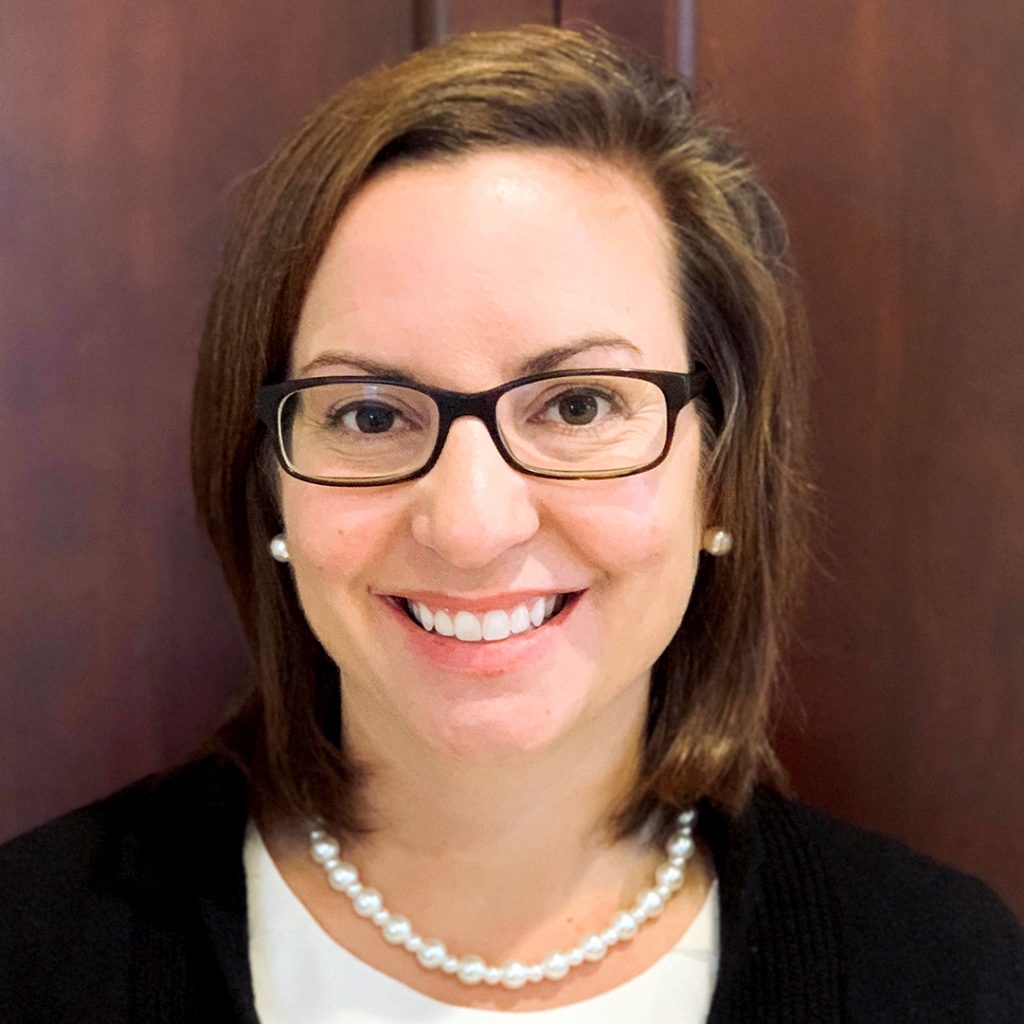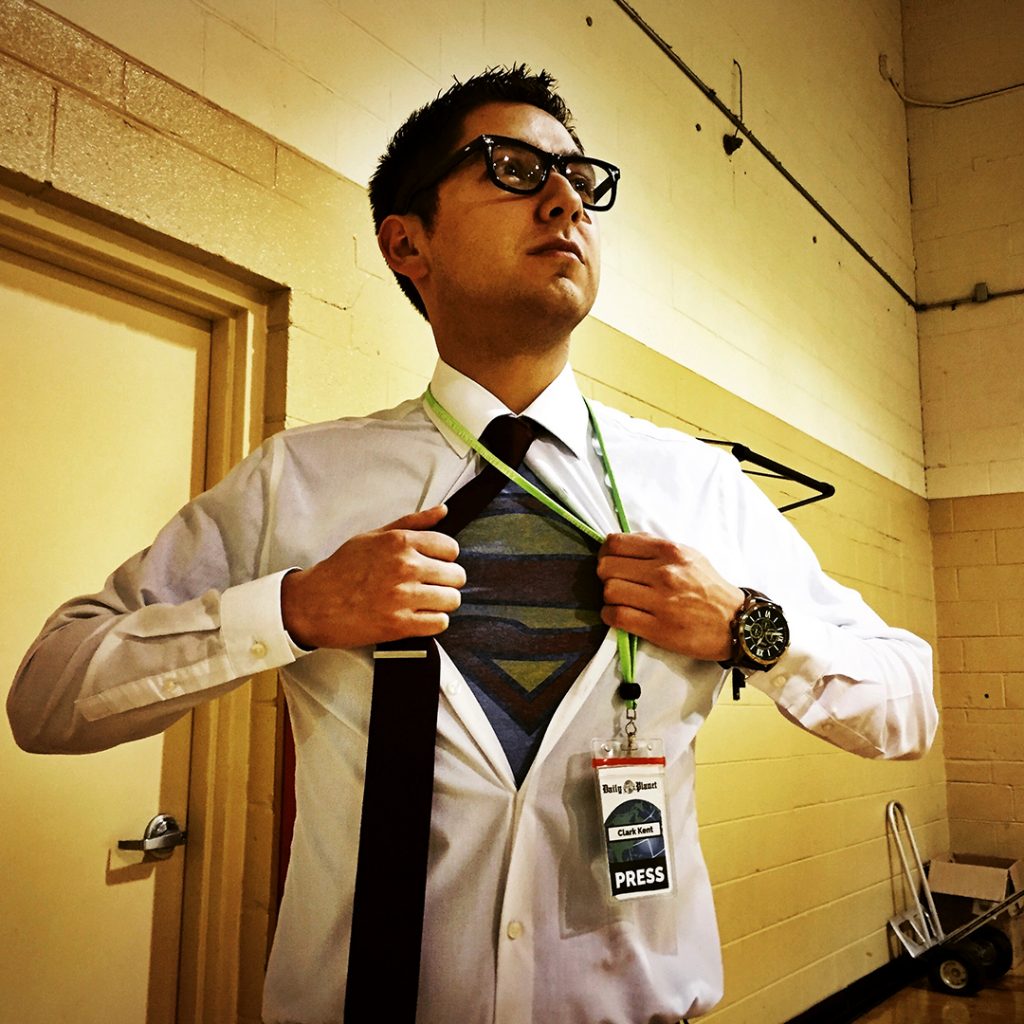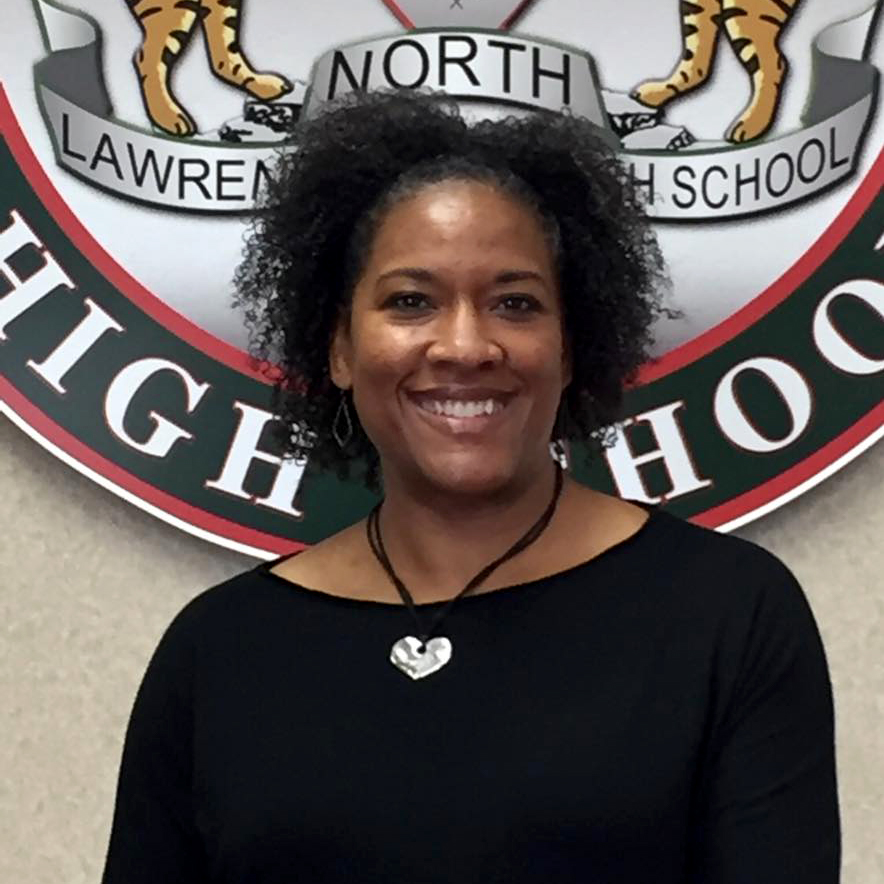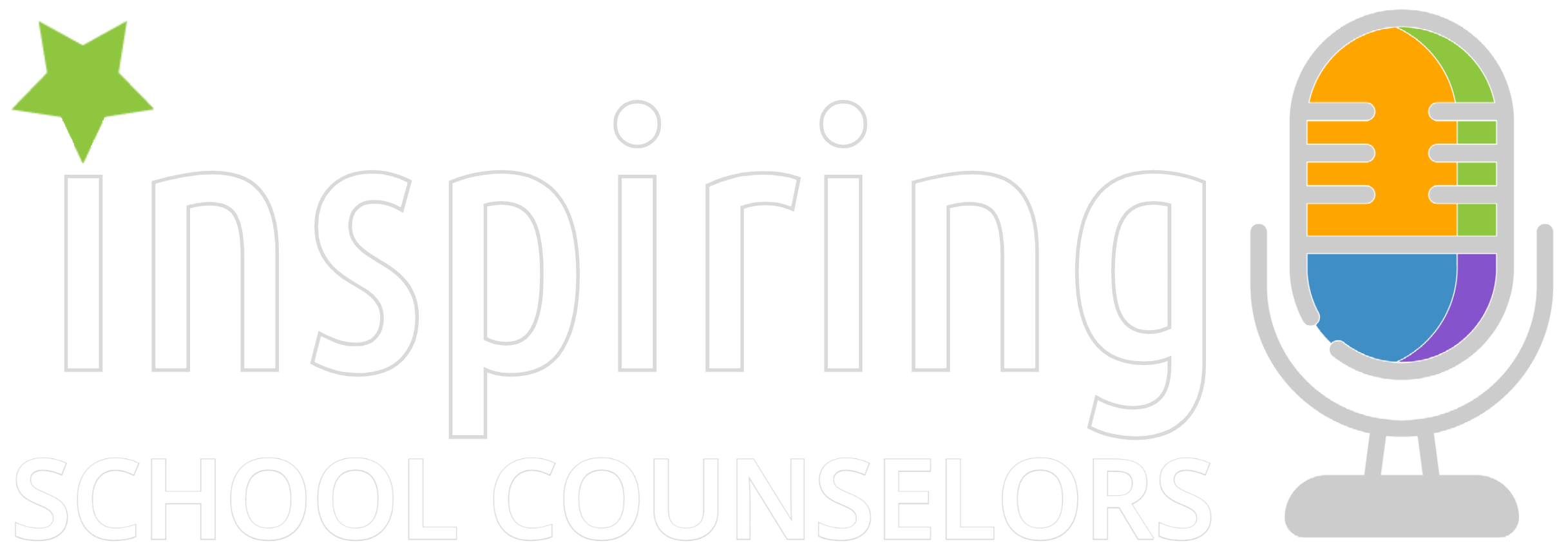Why do school counselors choose to be school counselors? Listen in as an elementary counselor, a former middle school counselor and a high school counselor share their reasons for choosing this profession focused on improving the lives of students.

This Week's Storytellers
Amanda Culhan had experience as a School Counselor at the elementary and middle levels before serving as the School Counseling Specialist at the Indiana Department of Education for eleven years. Currently, she is a consultant, assisting organizations and school districts with project coordination related to school counseling and student success.


Bradford Goodridge is an elementary school counselor in Chattanooga, Tennessee. He encourages students to not only become the best version of themselves, but to always be completely honest with their needs and emotions. Be sure to follow Bradford on Instagram (@thegoodcounselor) where he posts some great ideas and resources. |
Shelia Patterson Allen worked in business (and was a flight attendant for one fun summer) prior to discovering that she really wanted to work with kids. Since becoming a counselor, Shelia has worked in middle schools and high schools in the Indianapolis area. Shelia believes counselors have the best job in schools helping students with social and emotional situations and also getting to help them plan their futures.

Share YOUR Story!
 Do you have a touching or funny (or both) story about school counseling? We want to hear it! Drop us a line or record your story with our online Sound Booth.
Do you have a touching or funny (or both) story about school counseling? We want to hear it! Drop us a line or record your story with our online Sound Booth.
If you have questions or need help, let us know!
Subscribe
Encouraging Words for School Counselors is also available on these podcast apps and others. If you can’t find the podcast on your favorite app, let us know and we’ll make sure we get there. If you prefer to listen in your browser, visit https://inspiresuccess.org/podcast every week for a new episode. For new episode notifications and more, follow Inspire Success on Facebook, Instagram, or Twitter.
Transcript
Matt Fleck:
Hi, everyone! Welcome back to Encouraging Words for School Counselors, your weekly podcast of stories FROM school counselors ABOUT school counseling., brought to you with the generous support of Lilly Endowment and its Comprehensive Counseling Initiative. I’m Matt Fleck with Inspire Success.
Over the last school year we asked school counselors to share with us reasons WHY they became a school counselor. It’s always something I’m curious about but rarely ask. But today, you’ll listen back to our October podcast where we hear reflections from three school counselors on why they chose counseling as their life’s work….beginning with Amanda Culhan whose son Carter starts us off…
Carter Culhan:
Why did you become a school counselor?
Amanda Culhan:
So in middle school, I had a little bit of experience with some middle school girl, I guess isolation, I would say a little bit of bullying. I had a couple of friends who thought they could only be friends with one particular person at a time. And so a lot of people — other girls — felt excluded. So when that happened, I went to the school counselor a few times to talk to her. And in some cases we would talk with the other friends as well as a group, but it really helped me.
And from there, I guess I really admired the school counselor and looked up to her and I thought what she did was really neat. So, next then, I kinda got interested then at the middle school level. And then at the high school level, when I was a junior or senior, I did an internship underneath that same middle school counselor that had helped me when I was in sixth, seventh, eighth grade. So I did an internship with her and then from there, I mean, that just kind of is how it all came to be. And I went on and went straight into school counseling and I’ve never regretted it. And I’m so glad that that’s the profession I chose — I’m happy to have made that decision.
Matt:
And I personally know there are MANY students and parents who are glad Amanda made that decision, too.
Bradford Goodridge majored in theology as an undergrad, studying to become a minister, but like Amanda, he too was influenced by an adult he connected with at an early age.
Bradford Goodridge:
In the junior and senior years, we did an internship and I was actually at a church school with a pastor. And just that experience, I was like, you know, I want to be in a school setting. Like, I don’t want to be out at a church where you see people like once a week maybe, like, I want to hang out and talk with kids and help them on a daily basis. And my mom’s a school teacher and also at a church school. And we had a pastor — a young guy — when I was, like, in sixth grade. He came, and I mean, he was sitting down with us at lunch. He was coming into our classrooms or saying hi to us at recess. And you know, that whole thing, that experience, that relationship with him, that role model, it just really got me to my senior year of theology.
And after I graduated with my bachelor’s, I was just like, I don’t know if this is for me. And I got a flyer, an email from my university saying, “Hey, we also have a master’s program in school counseling.” And I was just like, what’s school counseling? Cause I didn’t have one growing up. I didn’t have a counselor. And so when I saw that, I was like, I think this might be for me. So that’s the route I went into. Yeah. Just that experience of having that adult who came down to our level and, you know, spend time with us as kids and realizing, yeah, I want to be in a school setting.
Matt:
My undergraduate degree was in forestry, which I loved, but which always made my high school students laugh for some reason. Apparently, I don’t look like their image of a lumberjack. And I had many other jobs before finally, and happily, landing on school counseling.
Now, Shelia Patterson worked with a subsidiary of General Motors outside of Detroit for many years before she decided to become a school counselor due to the unrest that she was witnessing around her.
Shelia Patterson Allen:
At that time, it was right when kids were starting to hurt each other — in some cases, shoot each other — over things like necklaces and tennis shoes. And I was working with cars and that’s not a bad thing. I think everybody has their area of expertise, but for me, working with cars though important, it didn’t seem as important as working with kids and trying to help them find other ways to resolve conflicts. So I left business and went on ahead and decided to become a school counselor.
Matt:
Coming out of her master’s degree program, Shelia decided she’d either work at an elementary school or high school, but definitely NOT a middle school. Until she worked at a middle school. And guess what? Yes. She loved it.
Shelia:
Because sometimes what you think you won’t like is what you really enjoy. I think middle schoolers are a blast. They’re hilarious. So I love middle school. Always remember, in my opinion, I always tell students that are coming through the master’s programs: Consider that we are there, not just for the students, but for the adults as well. That has been one of my eye-opening experiences is that our teachers really need us. My office is open to our teachers and my office is open to our students and my office is open to our parents. And they ALL require our help.
Matt:
We would love to hear YOUR reasons for becoming a school counselor or social worker or student services professional. We have an online soundbooth where you can record your own story with a few simple clicks on your computer or phone or tablet – just go inspiresuccess.org/soundbooth – and start recording.
Don’t forget to follow us on Facebook, Twitter and Instagram at inspiresuccess – just replace first “I” with the number 1 and you’ll find us. And look for us live and in-person at booth 804 at the ASCA National Conference next month in sunny, hotter than blazes, Las Vegas. Thanks to Lilly Endowment’s Comprehensive Counseling Initiative for underwriting the podcast. See you next week everyone.
